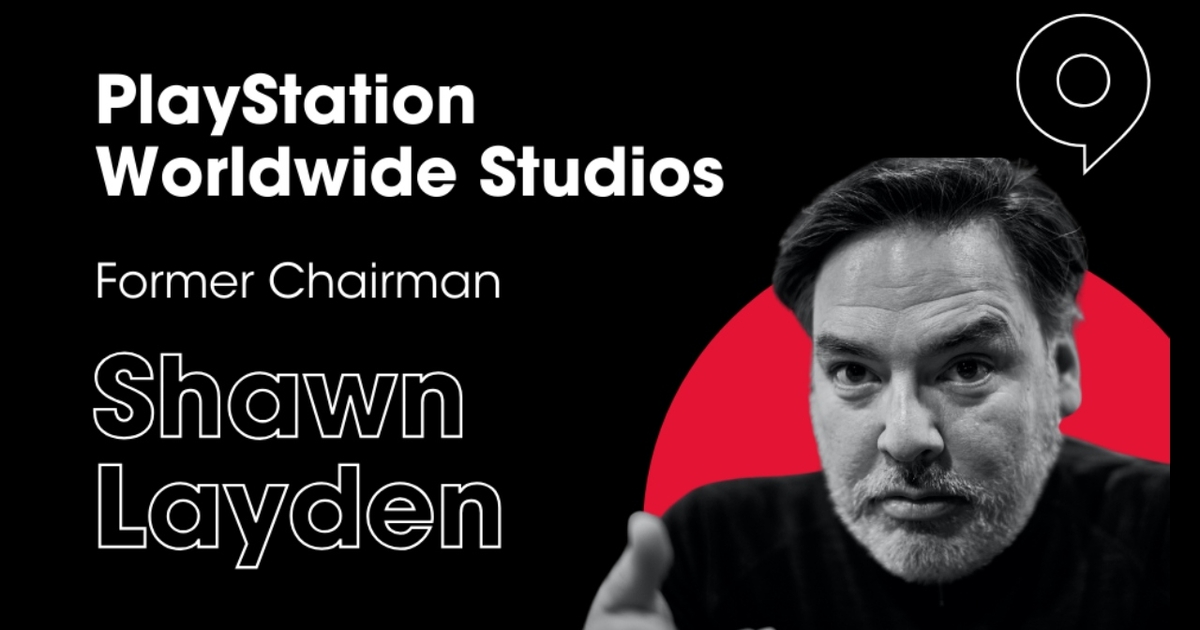
The former CEO of Sony Interactive Entertainment America, Shawn Layden, has stated that “AA is gone” during a talk, cautioning AAA studios’ over reliance on blockbusters as a “death sentence.”
The remarks were made on stage at Gamescom Asia, where Layden also referred to the loss of mid-budget games as a “threat to the ecosystem” during a talk with Raw Fury co-founder and chief publishing officer Gordon Van Dyke.
“Today, the entry costs for making a AAA game is in triple digit millions now.” he said (thanks Eurogamer). “I think naturally, risk tolerance drops. And you’re [looking] at sequels, you’re looking at copycats, because the finance guys who draw the line say, ‘Well, if Fortnite made this much money in this amount of time, my Fortnite knockoff can make this in that amount of time.’ We’re seeing a collapse of creativity in games today [with] studio consolidation and the high cost of production.”
Greatness awaits?
Layden went on to praise the higher quality seen across all games in recent years, and particularly in the indie game space. “Now if we can just get a bit more interest and excitement and exposure for these lower budget, but super creative and super unusual [type] of games… I’d like to see more of that. Because if we’re just going to rely on the blockbusters to get us through, I think that’s a death sentence.”
Where companies like EA have been quick to adopt generative AI tech, Layden cautioned over-reliance on the tool of the moment.
“Artificial intelligence has been in gaming since almost the first or second games ever made,” he said. “So all this excitement about gen AI, I find kind of humorous. I do see its applications in certain places for certain things. But it’s just a tool, it’s not a savior. It’s a tool in the way that Excel is a tool. It just helps speed you along your tasks.”
With publishers increasingly scrabbling for more ways to make return on their investments—including Microsoft all but scrapping console exclusives—many worry about the industry’s relative lack of growth. Layden cites that the answer to growth is to encourage game developers outside of Western markets, growing the industry globally.
“We need more people playing games. It’s a $250 billion global business but the actual number of players doesn’t grow at the same pace. So we’re getting more money from the same people. You need to get more people playing games. How do you do that? We need to get more people making games.”
“More people around the world have to be in the business or the art of making games. Make it for your neighbors. Make it for your friends. Make it for yourself. But don’t think that the Western market is the be-all and end-all of your activity. Build it here, be successful.”


